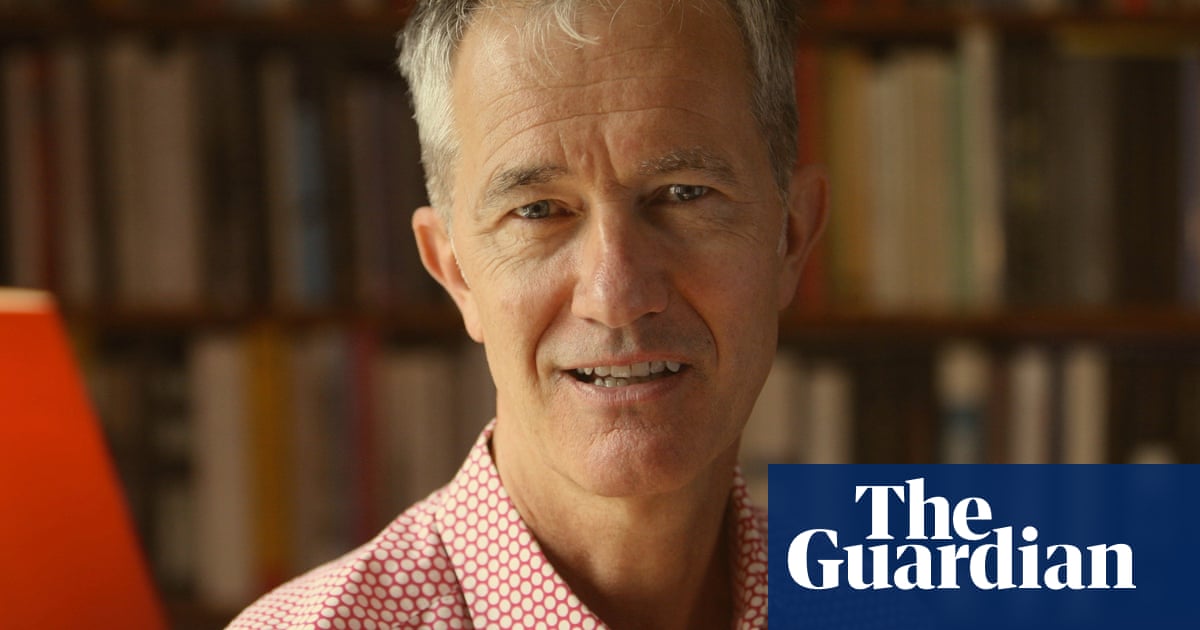My earliest reading memoryBeatrix Potter when I was having my tonsils out. No point saying how much I loved her books because everyone does, but Roberto Calasso makes a brilliant point in The Celestial Hunter by pairing “two great moments in the Victorian age” when Darwin “linked human beings to primates” and Potter “distributed human behaviour among a certain number of small domestic and rural animals”.
My favourite book growing upThe Guns of Navarone. My first Alistair MacLean, the first of about 20 before I grew out of him at the age of 15. They were thrilling and addictive and it was possible, while reading, to visualise every scene so clearly (helped in part by the scene-enacting photos on the covers of the Fontana editions).
The book that changed me as a teenagerI was being changed on a weekly basis by what I was reading from O-levels onwards. I could single out Jane Austen’sEmmaas the starting point, but more important than any particular book or writer was the acquired habit of reading, the solace of interiority.
The writer who changed my mindThe big revelations and re-evaluations, respectively, took place in my 20s with Marx and Nietzsche.Freud, by contrast, seemed daft and cultish.
The book that made me want to be a writerI never particularly wanted to be one; being a writer was one of many possibilities simmering away and this is the one that happened to come to the boil. Very different from Walt Whitman, who said he was simmering, simmering, and Emerson brought him to the boil.
The bookI came back toI’ve rereadThe Names by Don DeLillomore than any other book. It remains a high point, not just in DeLillo’s career but in the history of the postwar novel.
The book I could never read againUnder the VolcanobyMalcolm Lowry. I tried a couple of years ago, not because I’d loved it first time around, in my early 20s, but because I hadn’t really liked it then. Second time around it seemed complete tripe. I’m often struck by the consistency of my feelings about books.
The book I discovered later in lifeEverything by Elizabeth Taylor. If I had to choose one it would beA Game of Hide and Seekbut her 12 novels and the hefty volume of short stories lit up my mid-60s. Also, the first 12 novels by Anita Brookner, a subtle and quietly pathological writer. When someone writes essentially the same book over and over you’re in receipt of an enacted philosophical consciousness. Having said that, Brookner’s persistent and gradually shrinking sameness led me to pause at about the halfway mark: 12 down, a dozen to go.
The book I am currently readingRosamond Lehmann’sThe Weather in the Streets. One of those perennially bubbling-under modern classics – too good for the Championship, unable to sustain a place in the Premier league – which turns out to be way better than some of the canonical stalwarts permanently installed in the top flight.
Sign up toInside Saturday
The only way to get a look behind the scenes of the Saturday magazine. Sign up to get the inside story from our top writers as well as all the must-read articles and columns, delivered to your inbox every weekend.
after newsletter promotion
My comfort readTessa Hadley’sClever Girl– except it’s not comforting at all because although it seems to contain an easy-to-understand guide to writing fiction it turns out to be impossible to extract the necessary skills from the pages in which they are so abundantly and discreetly revealed. So the open secret remains as mysteriously elusive as ever. Which is fine because I don’t go to books for comfort; I have a much-loved memory foam pillow for that.
Geoff Dyer’s memoir Homework is published by Canongate. To support the Guardian order your copy atguardianbookshop.com. Delivery charges may apply.
